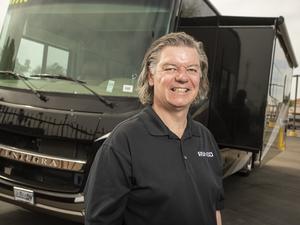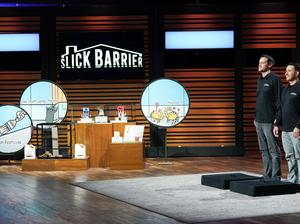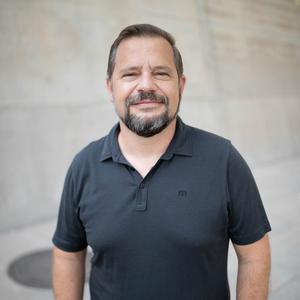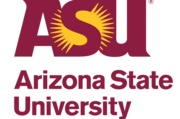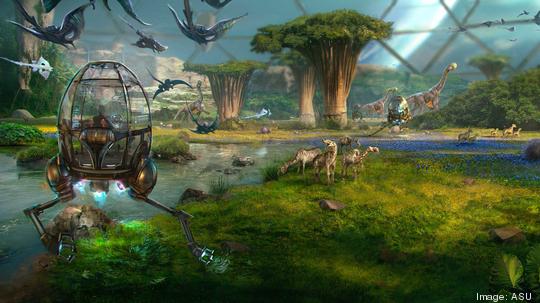
An immersive learning educational technology company developed in collaboration with Arizona State University has raised $20 million in series A funding as it continues building its virtual reality-enabled coursework and platform and putting them to work in classrooms.
Dreamscape Learn, which is based in Santa Monica, California, was developed through a two-year partnership between ASU and VR company Dreamscape Immersive. That included input from ASU faculty in the development of materials that add a cinematic and emotional element to the learning, as well as the ability to give students a view beyond the classroom.
Backers in the series A raise include Bold Capital Partners, GSV Ventures, Verizon Ventures and Engage Group. GSV managing partner Deborah Quazzo will take a place on Dreamscape’s board.
Dreamscape Learn founder Walter Parkes — a co-founder of Dreamworks Motion Pictures who leads Dreamscape Immersive — said the company opens up a new kind of instruction.
"By combining cinematic storytelling with innovative curriculum and emerging technology, we are creating educational experiences that motivate students to do the work necessary to master a subject," Parkes said in a statement. "Throughout our deep partnership with extraordinary teachers, we are discovering the vast educational potential of emotional storytelling."
Michael Crow: Dreamscape offers more potential
ASU biology students have already put the Dreamscape Learn offerings to use. During the spring 2022 semester, they participated in a pilot program that used the “Biology in the Alien Zoo” virtual environment that was conceived by Parkes and director Steven Spielberg. The company said a study of the pilot program found that lab performance and grades improved for the students.
Michael Angilletta, biologist and ASU associate dean of learning innovation, said that for every 15 minutes in the VR environment, the students do three hours of work outside of it, so it goes beyond just that element. But he said the problem-solving element is key.
"Unlike traditional biology labs, the Dreamscape curriculum empowers students to become scientists from day one, collaborating as a team to learn the skills needed to solve novel problems,” Angilletta said in a statement. “We're seeing students think far more quantitatively than is typical for introductory biology, because they're motivated by the scientific mission established through the VR experience.”
The company’s collaboration with ASU has focused on fields in science, technology, engineering and math — or STEM — which are the fields where many high school graduates are unprepared for college-level coursework, Dreamscape said.
ASU President Michael Crow said he sees plenty of potential in Dreamscape.
"When I first experienced this technology, I immediately knew it could power a whole new way of teaching," Crow said in a statement. "It allows us to place students in situations and roles never before possible. When students are captivated by these environments, we can send them on academic missions that are authentic, rigorous and emotionally compelling."
